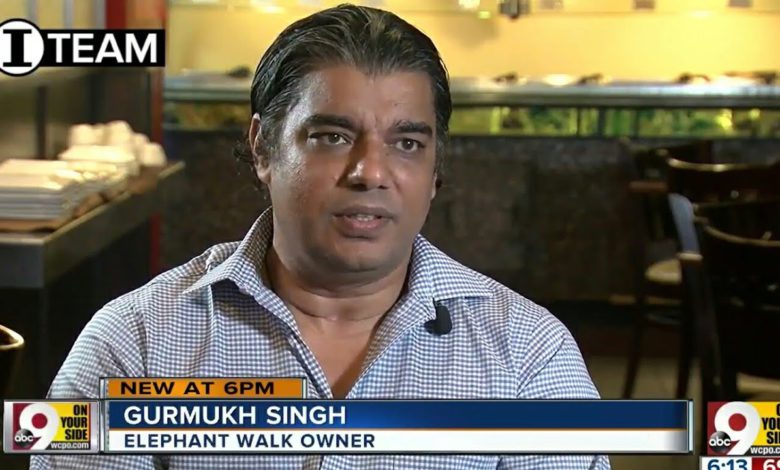
Restaurant inspectors overworked, under-managed?
Posted: 8:25 AM, Jun 20, 2019
Updated: 9:00 AM, Jun 20, 2019
By Dan Monk, WCPO reporter
CINCINNATI — Cincinnati’s restaurant inspection program is understaffed, lacks management oversight and suffers from technology problems, city auditors found in a report they issued in April.
Cincinnati Health Commissioner Melba Moore welcomed the critique and promised to get “more boots on the ground” by reclassifying two vacant, senior-level positions as inspectors as soon as next month. But she stressed that diners in Cincinnati are already safe because the eight inspectors that enforce food-safety rules are experienced and well-trained.
“No, I don’t think it’s a risk,” she said. “My team is quality. And the extensive training that they receive, it’s a blessing to have them.”
The food-safety program has 14 employees who enforce Ohio health codes at 2,500 licensed facilities in the city, including restaurants, schools, grocery stores and stadium concession stands. But only eight of those employees conduct inspections on a full-time basis. The audit found those inspectors have caseloads requiring between 485 and 694 inspections per year. The U.S. Food and Drug Administration recommends sanitarians conduct no more than 320 inspections annually.
“The minimum number of inspections required per sanitarian is sometimes double the amount of work set forth by (FDA) guidelines,” the audit said. This means “work performed by sanitarians may be done quickly and hastily while jeopardizing a thorough and complete investigation.”
Adding two inspectors to the mix would bring the group’s average number of inspections down to about 450, but that’s still above FDA guidelines.
Quality vs. quantity?
Gurmukh Singh, who owns the Elephant Walk restaurant in Clifton Heights and Clifton Market on Ludlow Avenue, doesn’t think inspectors are cutting corners.
But, he said, they are busy.
“When they’re here, they do a thorough inspection,” Singh said. “We see them like twice a year. Talking to some of them, that’s what they say, they have a lot of workload.”
Read & view the rest of the story:









